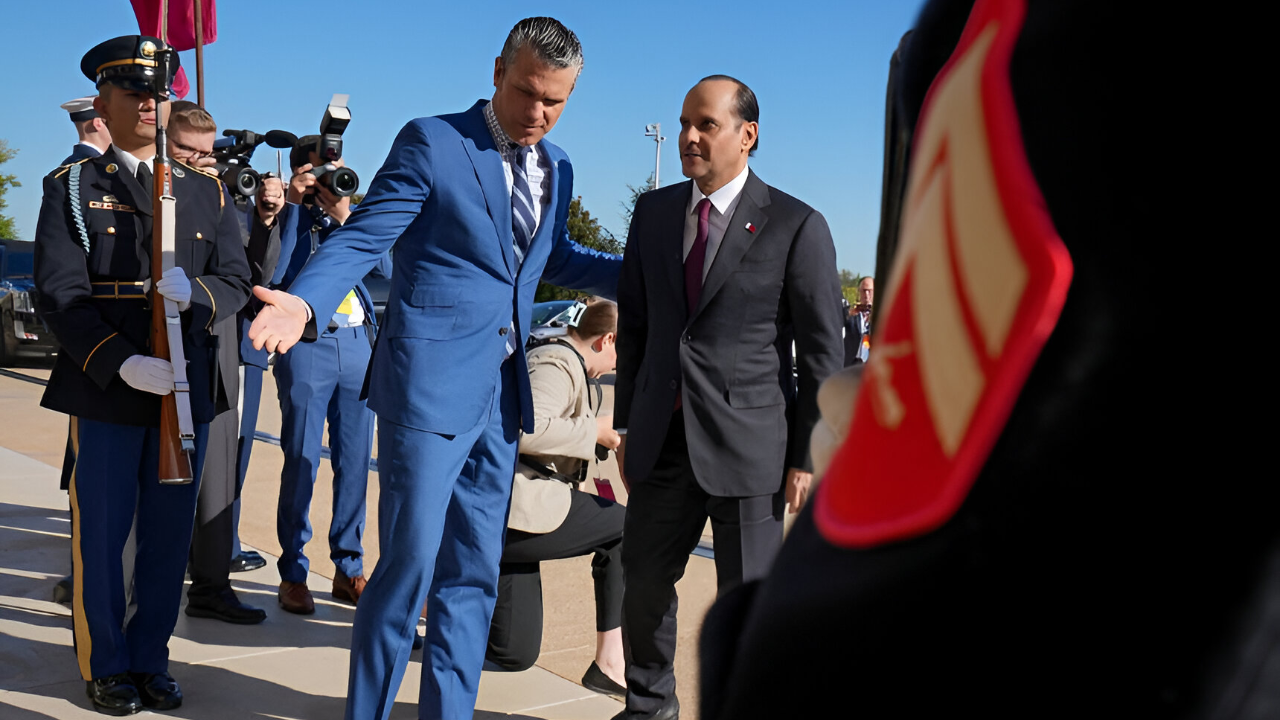
Far-right influencer Laura Loomer took to X on Oct. 10, denouncing the Pentagon deal as “terror financing Muslims from Qatar” getting a US base.
She also announced she won’t vote in 2026, marking an unprecedented GOP split over foreign policy. This raw criticism set off a firestorm among Trump’s MAGA base.
Bannon’s “Sacred Soil” Warning

Within hours, Steve Bannon publicly joined the uproar. The ex–Trump strategist tweeted, “There should never be a military base of a foreign power on the sacred soil of America”.
Other MAGA influencers echoed that “America First” was being betrayed. The backlash signaled a rare revolt by Trump loyalists barely months into his new term.
Idaho’s International Training Legacy
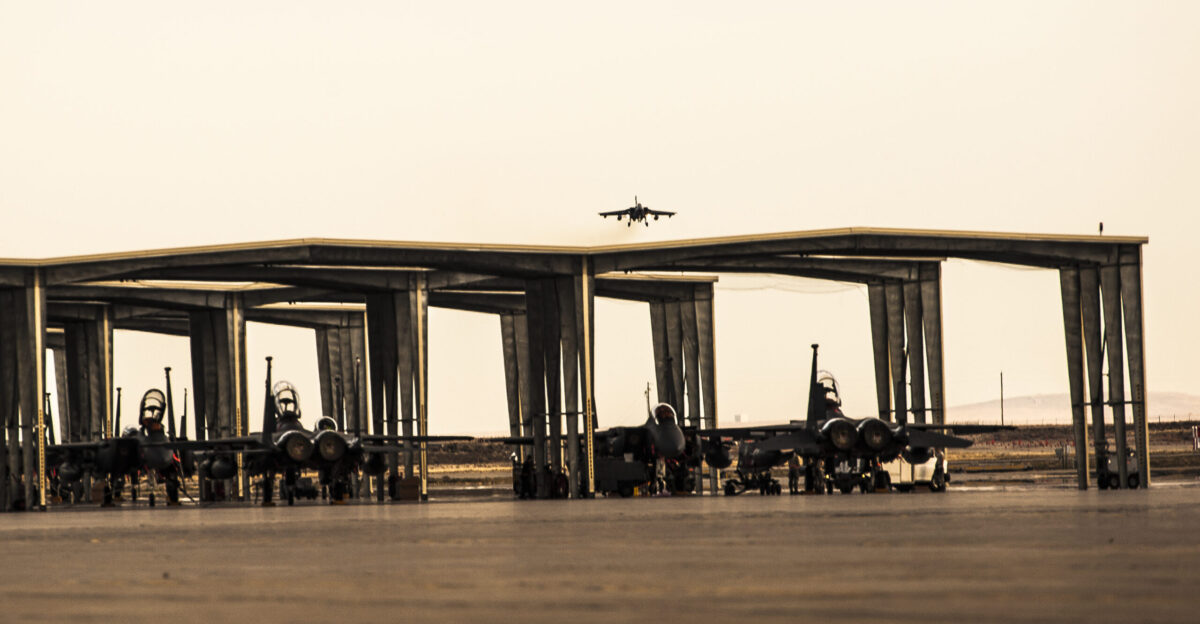
Mountain Home Air Force Base, Idaho, already hosts allied forces. Since 2008, Singapore’s air force has run a 25-year F‑15SG training program there, with about 370 RSAF personnel assigned to the joint 428th Fighter Squadron.
The first four of Singapore’s 10 F‑15s arrived that year, joining an American squadron on the base. This established a template for foreign training on U.S. soil.
Regional Tensions and Qatar’s Role
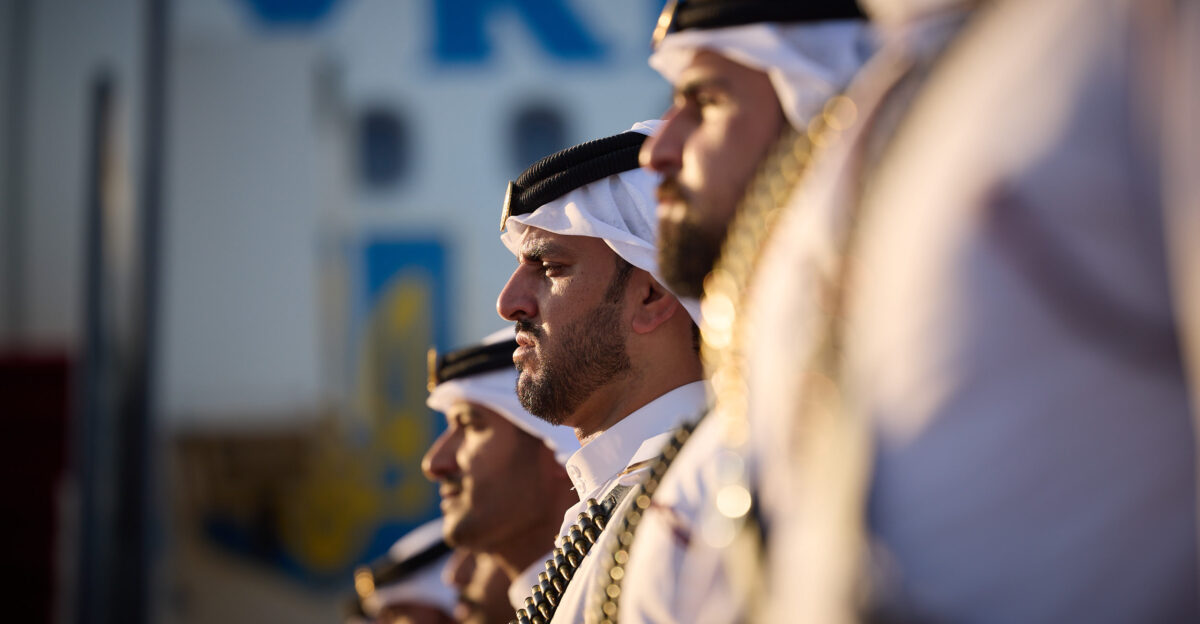
Just days earlier, Israel bombed a compound in Doha, killing five Hamas officials and a Qatari security officer. Qatar condemned the strike as “state terrorism”.
The incident underscored Qatar’s dual role as a U.S. security partner and a mediator (with Egypt) in the Gaza conflict. Qatar hosts the U.S. Al-Udeid base – the Pentagon’s largest in the Middle East – and helped negotiate the recent Gaza ceasefire.
Pentagon Confirms Idaho Facility
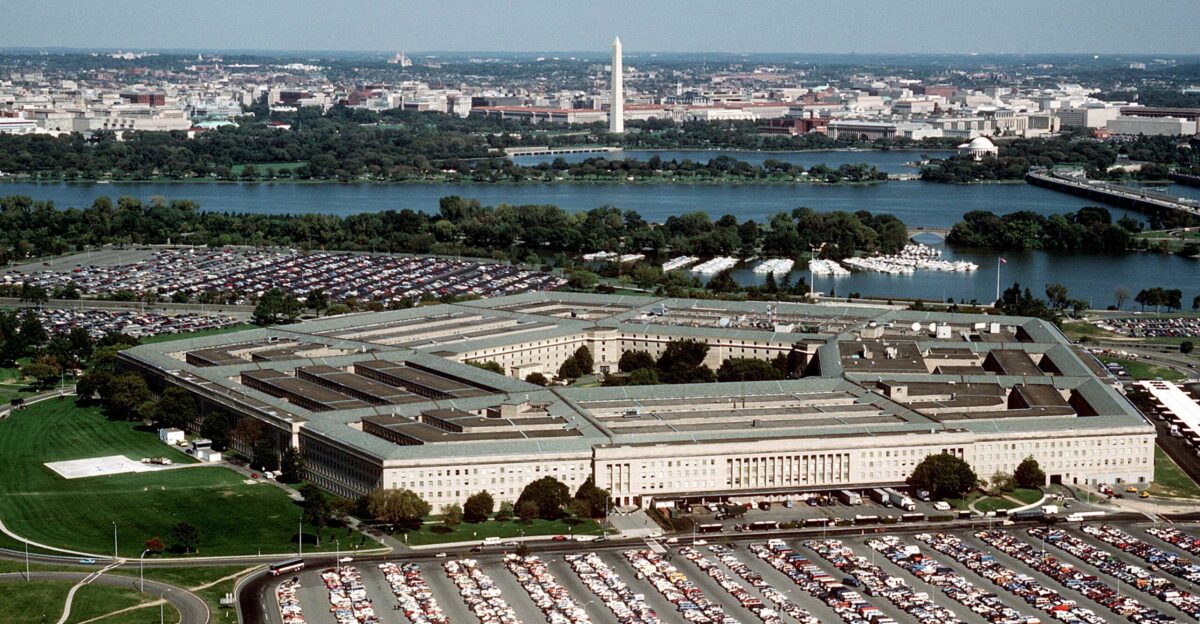
On Oct. 10, Pentagon’s Pete Hegseth announced a formal “letter of acceptance” to build a Qatar Emiri Air Force training facility at Mountain Home AFB.
The facility, fully funded by Qatar, will host Qatari F‑15QA fighter jets and their pilots to train alongside U.S. troops. This marked an unprecedented peacetime foreign military build-up on American soil.
Idaho Conservatives Fume

Local MAGA-aligned groups reacted with fury. The Idaho Freedom Foundation “unequivocally” condemned the plan as an affront to U.S. sovereignty, stirring public outrage. Far-right activists piled on – one called the deal “an abomination” and warned, “No foreign country should have a military base on US soil.
Especially Islamic countries”. Many Idaho Republicans publicly questioned why their rural state was picked for this arrangement.
Loomer: “Betrayed by the GOP”
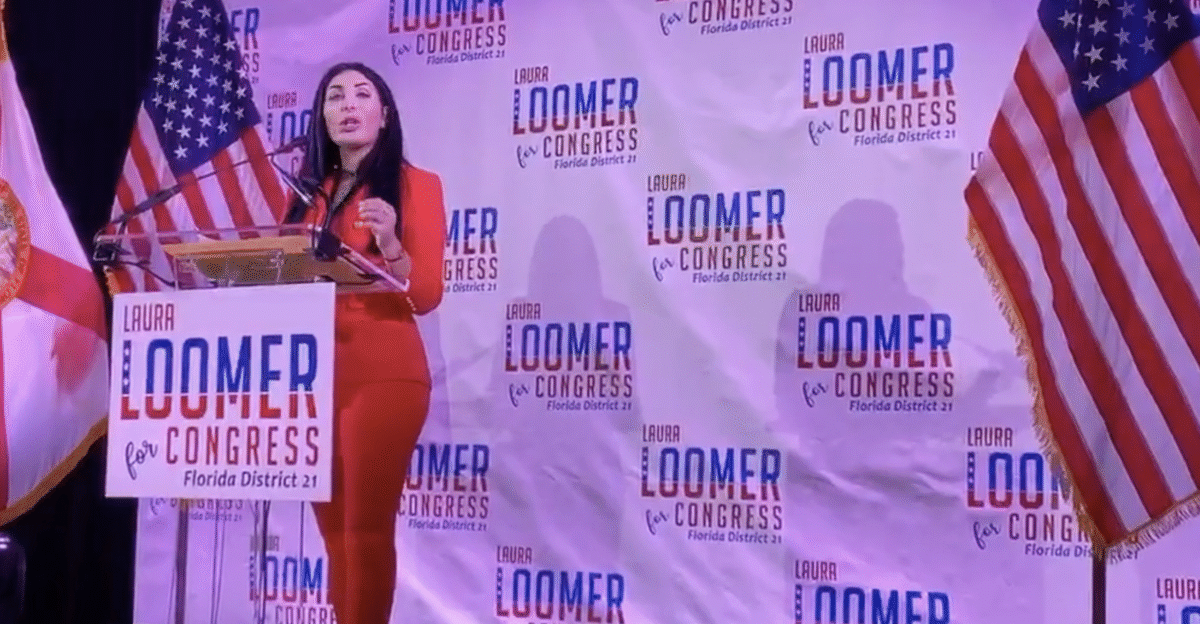
Loomer’s disillusionment became personal. In X posts, she wrote, “I have never felt more betrayed by the GOP” over this decision.
The longtime Trump defender, who had lauded prior “America First” moves, called the plan a line she could not ignore. She sarcastically asked if Americans would now need to fund Arabic classes for Qatari pilots or broadcast Islamic prayers over Idaho.
Deal Costs and Composition

In financial terms, Qatar will pay for the Idaho facility as part of its large jet purchase from the U.S. Back in 2017, Doha agreed to a roughly $12 billion Foreign Military Sale for F‑15 fighter aircraft.
The Idaho site is designed for about 12–15 of Qatar’s new F‑15QA jets and roughly 300 Qataris, alongside U.S. personnel, on an initial 10-year schedule. It’s structured like other allied training programs, with Qatar funding construction under U.S. control.
Qatar’s Strategic Partnership

Washington stresses Qatar’s key alliance. Al-Udeid AB in Qatar already houses the largest U.S. military presence in the Middle East – more than 10,000 American personnel at CENTCOM’s forward HQ.
Qatar also acted as a neutral broker in the recent Israel-Hamas talks. This U.S.–Qatar “security partnership” is portrayed as vital: Hegseth later noted Qatar’s “substantial role” in bringing about Gaza peace.
Trump’s Unprecedented Defense Pledge
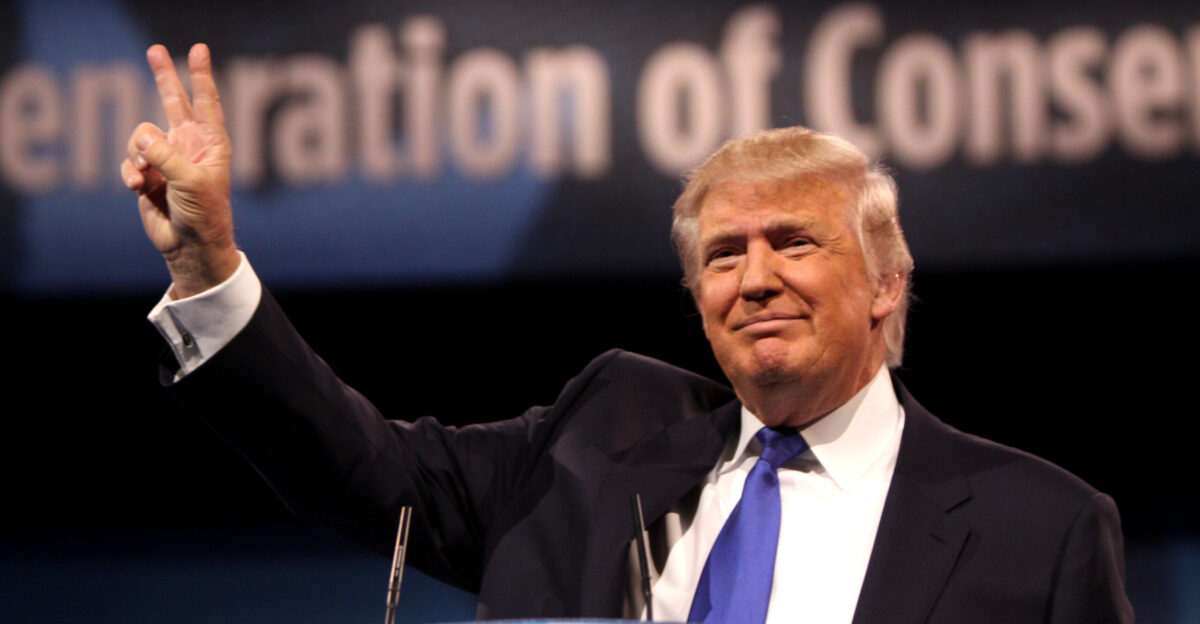
Barely two weeks prior, President Trump issued an extraordinary order on Sept. 29 guaranteeing Qatar’s security.
The EO declares any armed attack on Qatar “a threat to the peace and security of the United States,” and pledges that in such an event the U.S. will take “all lawful and appropriate measures — including…military — to defend” Qatar. Such a sweeping pledge to a non-NATO nation, made without congressional input, is without precedent.
Pentagon Walkback
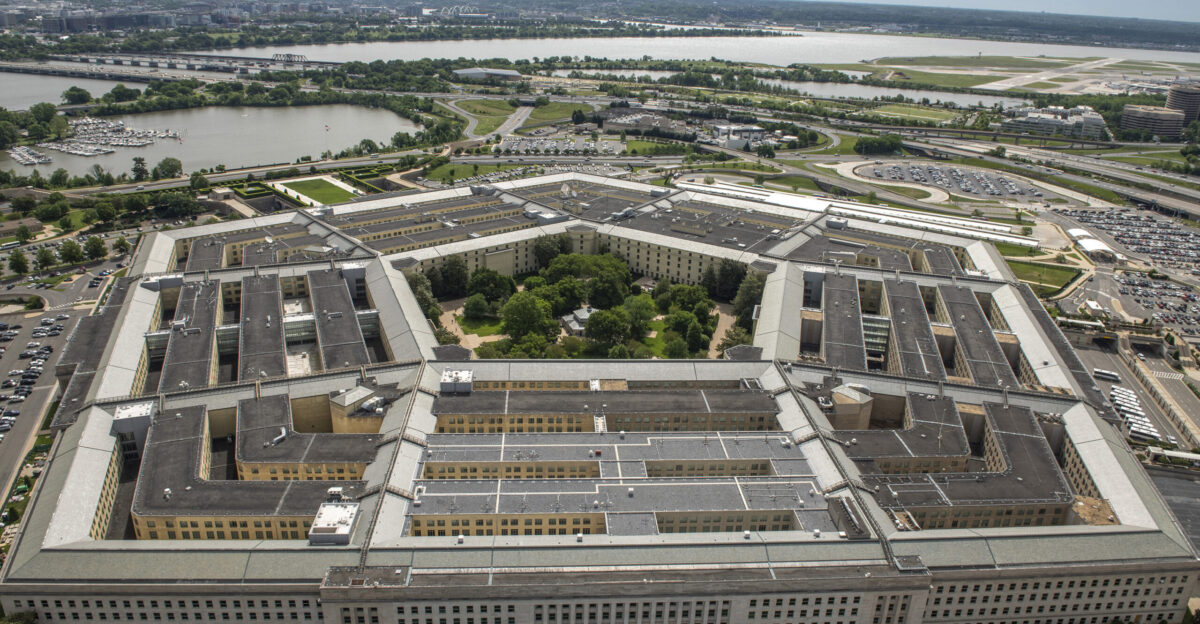
Amid the uproar, Hegseth tried to clarify on X: “To be clear, Qatar will not have their own base in the United States — nor anything like a base. We control the existing base, like we do with all partners”.
He stressed the arrangement mirrors routine partner-training programs. But his statements did little to mollify critics who demanded a full reversal of the plan.
Administration Defense
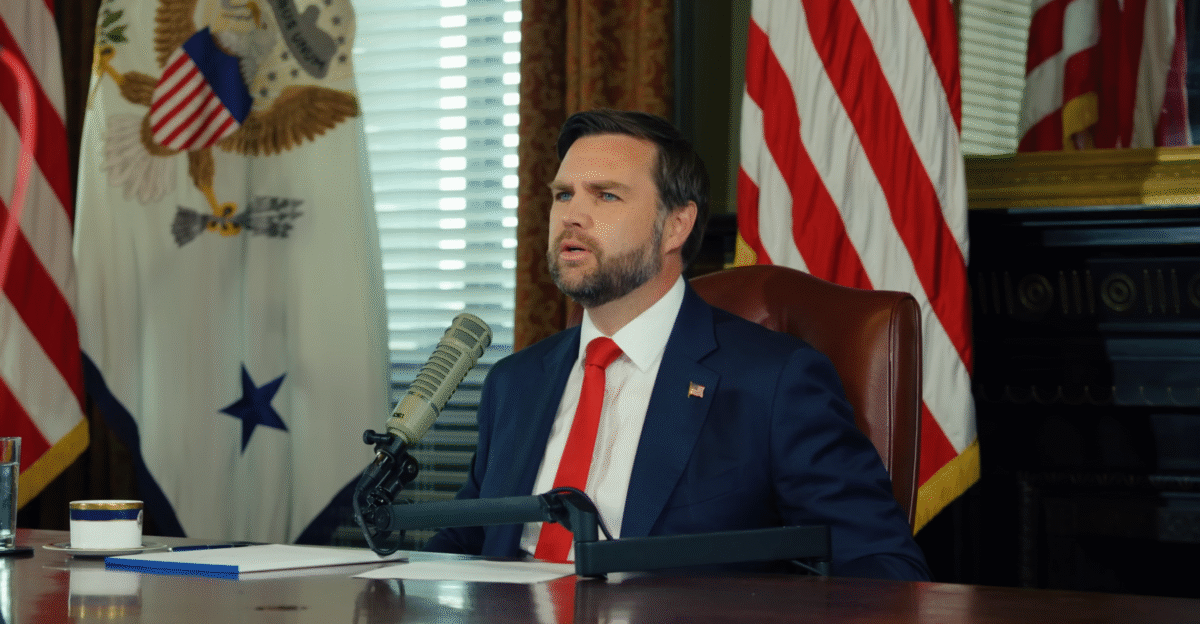
Facing persistent criticism, senior officials reiterated policy justifications. Vice President J.D. Vance told Fox News the Qatar facility was a strategic asset: he highlighted Qatar’s brokered Gaza ceasefire role and pointed to historical precedents of allied units training on U.S. soil.
Vance’s defense underscored the Trump team’s tension between “America First” rhetoric and the need for pragmatic security partnerships.
Pointing to Precedent
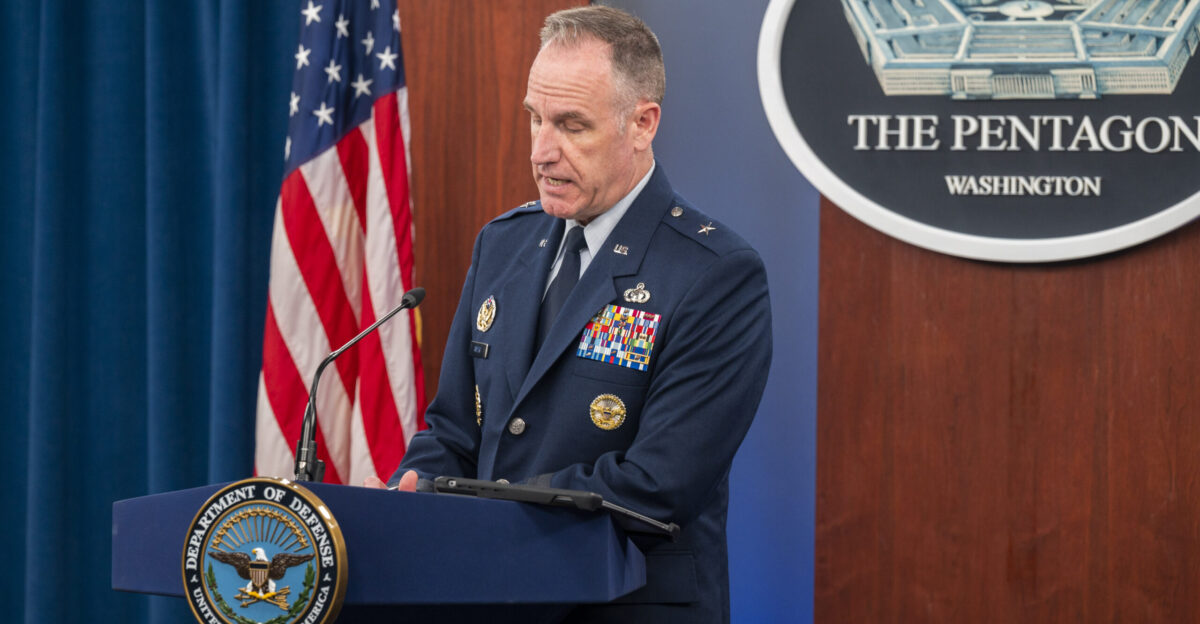
Pentagon spokespeople reminded audiences that Mountain Home already hosts foreign units. Air Force spokeswoman Ann Stefanek noted, “What we expect is…squadron operations and hangars for the F-15QA” – the very setup used by allies like Germany and Singapore.
Stefanek added that the base “will provide advanced training opportunities and foster combined operational readiness for our two countries”. Crucially, she emphasized the base remains under U.S. command at all times.
Critics Question Rationale

Conservative pundits remained unconvinced. National Review writer Noah Rothman demanded to know the strategy behind the deal, writing on X: “What’s the strategic rationale for this?… I have no idea what the steelman case for this would be. I’m sure we don’t need to import any more Qatari covert assets into this country,”.
Many commentators demanded transparency on how fighter crews would be screened and how U.S. sovereignty would be ensured.
Electoral Pressure Grows

Loomer’s threat to sit out the 2026 midterms illustrates broader MAGA anxiety. She warned that allowing Qatar, “when they have a documented history of funding Islamic terror… I am not voting in 2026”.
Conservative commentator Amy Mek similarly railed that this “shared delusion…[lets] Qatar, Hamas’s #1 financier, open a…facility on U.S. soil” – calling it “a launchpad for the Islamic disaster”. Such rhetoric raises risks for Trump’s congressional agenda.
GOP’s Calculus
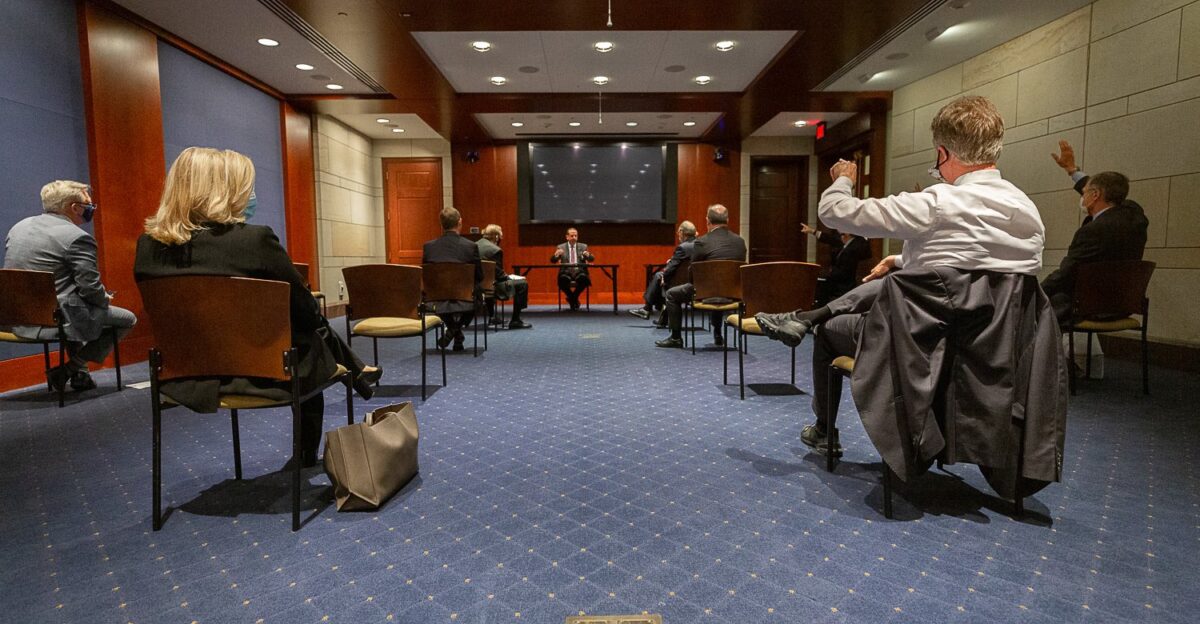
Notably, most Republican lawmakers have largely stayed silent. Few House or Senate GOP members have publicly weighed in, wary of angering either the president or their hard-right base.
This reticence highlights an intraparty dilemma: how to balance populist messaging (no foreign troops on US soil) with complex alliances. Lawmakers seem to be watching the fallout closely before staking a position.
Gulf Allies Take Note

In the Middle East, U.S. partners from Riyadh to Abu Dhabi are watching closely. Gulf states like Saudi Arabia and the UAE already cooperate heavily with Washington and may view this as a precedent.
If successful, these wealthy allies could pursue similar arrangements or new security guarantees by funding their own training sites. The Idaho deal thus has the potential to reshape how Arab partners engage militarily with the U.S.
Legal and Constitutional Questions

Scholars immediately flagged the unilateral nature of Trump’s Qatar guarantee. The executive order makes commitments on par with formal alliances but has no treaty or mutual obligations. Congress played no formal role in approving the pledge.
Constitutional experts note that declaring war and funding military actions are Article I powers of Congress. Critics say the move sidestepped Congress, raising separation-of-powers concerns.
Cultural Flashpoint
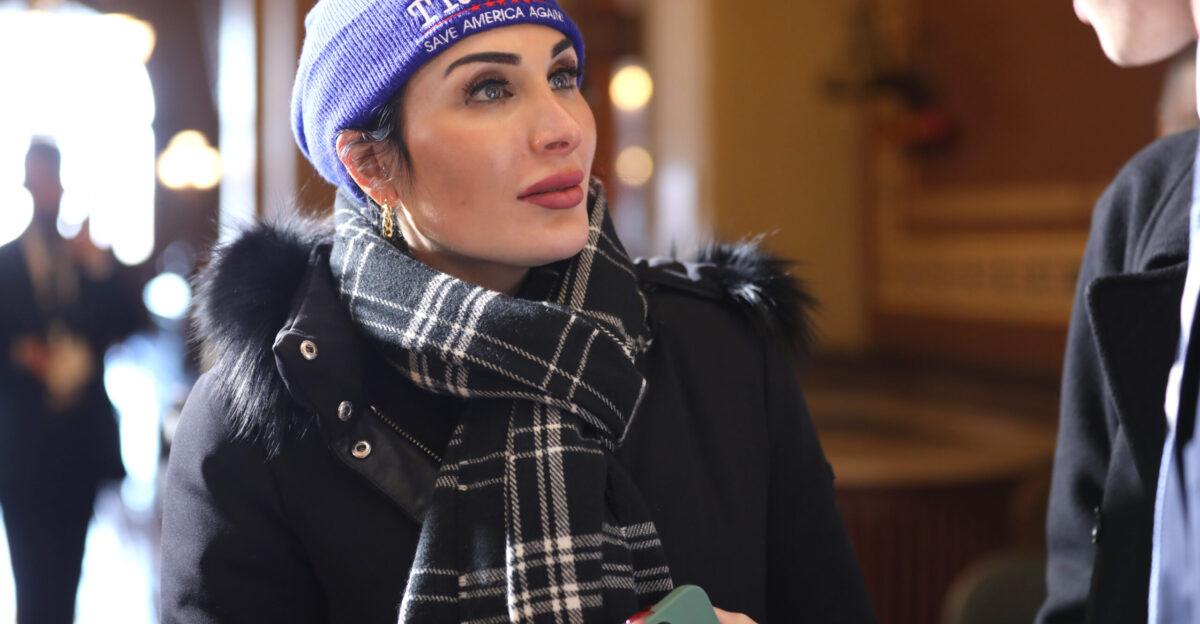
The controversy has also stirred cultural fears. Loomer mockingly asked, “Does this mean the call to prayer will be broadcast in Idaho 5 times a day?”, tapping into anxieties over Islamic practices on U.S. soil.
Conservative media amplified such images of “foreignness,” warning that Qatari personnel might bring different religious and social norms to rural Idaho. These reactions reflect deeper MAGA suspicions about Muslim influence in America.
The Test of Trump’s Agenda
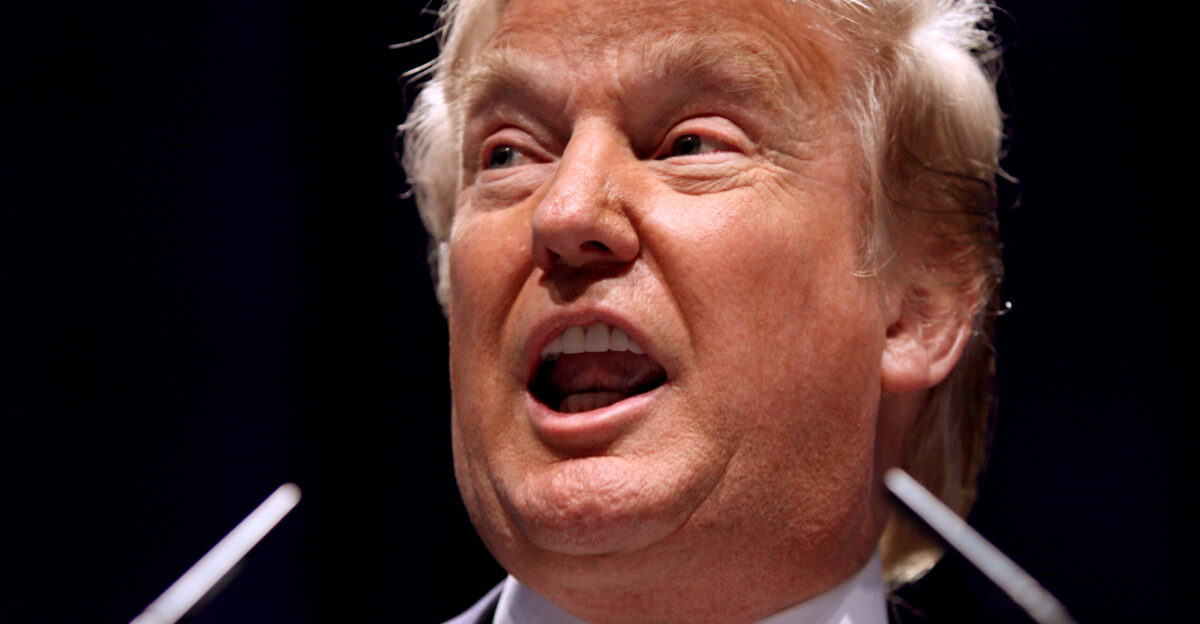
Ultimately, the Qatar base deal crystallizes a core challenge for Trump: melding pragmatic foreign policy with his populist brand. The facility is moving toward construction despite the fury it provoked. As Trump faces this moment, he must decide whether “America First” can accommodate complex international partnerships.
As Hegseth noted, Qatar helped broker a lasting Gaza ceasefire that only Trump could claim credit for. Now the president’s resolve and political standing will be tested on whether such deals are worth the domestic strife.